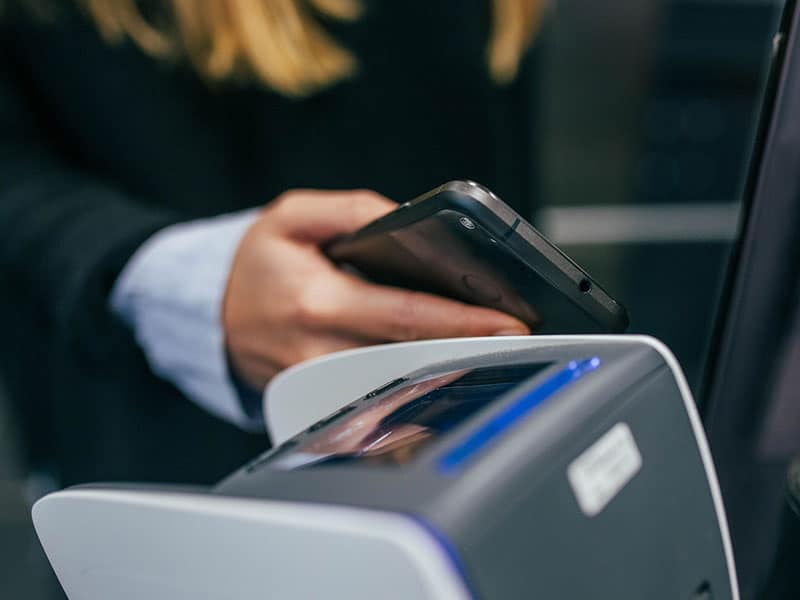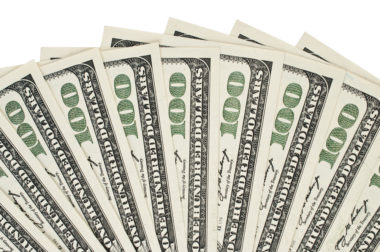If you’ve been avoiding your household budget because you feel like you can never keep track of bills and payments, it’s time to change your strategy. Knowing where your money is — and where it’s going — is a crucial place to start if you want to take charge of your financial health and improve your credit score.
Consider the following information and make a plan to incorporate a few of these tips into your daily life.

Table of Contents
Why You Should Keep Track of Bills and Payments
You may assume that you’ll just stop spending when you run out of money for the month, but if you have recurring electronic bills or auto payments, you may not understand how much you’re spending overall. Setting up a plan to keep track of bills and payments more closely, where you understand where every dollar goes and what it’s used for, can help you:
- Have enough money by the end of every month or paycheck cycle
- Repair your credit in the long run when you make payments on time
- Save money to create an emergency fund or pay off outstanding debts
- Reduce anxiety and conflict when it comes to money and household finances
7 Tips for Tracking Your Expenses
Making a budget can be easier than you think if you follow these guidelines.
1. Download an Expense-Tracking App
Perhaps the simplest thing you can do to keep track of bills and payments is to download an app that tracks your expenses and gives you the option of filtering your payments into personalized budget categories. Make sure the app is secure and reputable, as you’ll be sharing your bank information with this platform.
You’ll typically have options for searching for recurring payments, inspecting your accounts for automatic payments you didn’t intend to sign up for, and setting alerts when your balances dip too low.
2. Make a Spreadsheet
If you don’t have a smartphone, don’t want to link your secure bank information to an app, or don’t enjoy tinkering with budgeting software, it may be easier for you to make a spreadsheet of your monthly expenses. Though it sounds old-fashioned, manually entering each payment and bill can give you a keen sense of your expenses.
This project can also help you understand which payments are essential and which are going toward services you don’t need.
3. Download Your Tax Records
Tax time can throw a wrench into a carefully planned budget. If you frequently end up paying more in taxes than you planned, now’s a good time to download your transcripts from the IRS to determine how much you’ve paid each year compared to how much money you made.
You may not be able to predict your payment, but it’ll be easier to estimate a ballpark figure when you look through your past returns. Save up throughout the year for this payment and calculate it into your monthly budget as if it were an upcoming bill.
4. Sign Up for Electronic Billing
Your problem when you keep track of bills and payments may be that you simply don’t remember to pay your bills. Maybe you misplace the paper copies of your bill that you receive in the mail.
If you have enough money in your bank account but you frequently incur more debt by racking up late payments, investigate which of your bills can be set to autopay. You’ll likely still get an email stating that your payment was drafted through the linked autopay account. Save these emails in a specific folder for your records.
5. Pay Bills on a Specific Day of the Week
If you always feel behind on your payments or you’re worried about keeping track of which bills you’ve paid and which you haven’t, consider setting a bill-paying appointment with yourself. For example, you could sit down every Friday at 7:00 p.m. and go through your stack of bills for the week.
Ensure that the paper ones are paid and that the electronic ones have been drafted. Consider saving the paper copies of the bills for your records or keeping track of your payments in a spreadsheet.
Once you’ve done this for a few weeks, you’ll be able to better keep track of bills and payments and how frequently they need to be paid. If you’re not already tracking your spending for bills, it may seem like you only pay certain ones infrequently. You’ll soon see whether this is the truth.
6. Talk To Your Spouse or Partner About Spending
Spending money can cause huge arguments between couples. You may not realize how much you’re spending, or perhaps you’re a saver while your partner enjoys shopping and forgets to pay bills first. Instead of accusing your partner of not staying on top of things, pick a time each week to sit down and talk about expenses.
Remember, your partner might not understand his or her own habits even if you see them clearly.
Do your best to create a budget together that includes your wants and needs. You might decide to keep track of bills and payments on a shared app while allowing certain percentages of your monthly income for food, clothes, kids’ school supplies, eating at restaurants, saving for a vacation, and so on.
7. Open a Checking Account for Bills
While sharing a checking account after marriage or a lifetime partnership may feel convenient (or even romantic, depending on your personality), it’s not always the best move. Consider opening a separate checking account for bills and household items like groceries. It can be shared or not depending upon your preference.
You may feel more comfortable designating one partner to pay the bills if one of you is better with money, or you might divide up the responsibility depending upon your situation.
Use Fiscal Tiger’s Resources To Learn How To Keep Track of Bills and Payments
When you use these tips to keep track of bills and payments, your newfound knowledge will only benefit your overall finances. Check out Fiscal Tiger’s resources for budgeting and building credit, learn why your credit report matters, and discover how to get out of debt on your own timetable.





